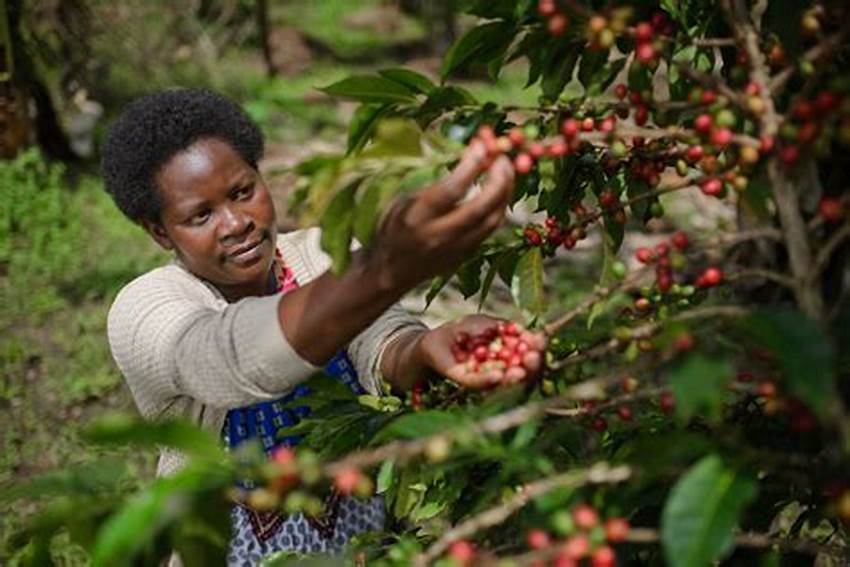In the rolling highlands of eastern Uganda, where arabica beans flourish in the cool mountain air, a quiet revolution is brewing—one led not by government or industry, but by a woman named Meridah Nandudu. Her vision: to transform the role of women in Uganda’s coffee sector from silent laborers to empowered earners.
Through her company, Bayaaya Specialty Coffee, Nandudu has rallied over 600 women—up from just a few dozen in 2022—into a thriving network of female coffee growers. Her secret? A simple but powerful pricing strategy: offering 200 Uganda shillings more per kilogram of coffee delivered by a woman.
“In many cases, it’s women who do the weeding, harvesting, pulping, and washing. But when the time comes to sell, the men take over—and with it, the money,” Nandudu explained. By rewarding women directly at the point of sale, she has upended this traditional imbalance. The result: a surge in female participation and a tangible reduction in domestic tensions.
From Harvest to Household Power
Uganda is Africa’s second-largest coffee producer after Ethiopia, with over 6 million bags exported between September 2023 and August 2024, generating $1.3 billion in revenue. Yet in many farming communities like Sironko district, where Nandudu grew up, the economic benefits have historically bypassed women.
That imbalance often came at a cost. “During harvest seasons, there was always an increase in domestic violence, triggered by disputes over how the coffee income was spent—or not spent,” she said.
By giving women a financial foothold, Bayaaya has become more than a coffee company. It is a movement—complete with collection points across eastern Uganda, a cooperative savings scheme, and off-season bonuses to keep women engaged year-round.
Changing Gender Norms—One Kilogram at a Time
For Juliet Kwaga, a local farmer, the change has been deeply personal. “My mother never dealt with coffee. Her job was to stay home,” she said. “Now, I can sell coffee myself, buy food, pay school fees, and not depend on my husband for everything.”
Kwaga’s husband, once reluctant, now supports her involvement. She, like many others in the Bayaaya network, walks several kilometers to deliver beans, sometimes twice a week. Men are not excluded from the business, but women are taking center stage.
“We are caretakers, we are the ones at home, we are on the farm,” Nandudu emphasized. “A woman is very important in the coffee value chain.”
A Business Built on Brotherhood and Sisterhood
Named after the Lumasaba word Bayaaya, meaning “brotherhood” or “sisterhood,” Nandudu’s venture reflects her belief in community upliftment. The company, founded in 2018 after she earned a social sciences degree from Makerere University, is the only woman-focused coffee buyer in Mbale, eastern Uganda’s largest city.
Though most local farmers have never tasted the coffee they grow, that, too, is changing. Young women in urban centers are beginning to sip what they sow, especially at women-run roasteries springing up across Mbale.
Nandudu now has her sights set on exporting beans. But more than profit, her mission remains empowerment. “It’s not just coffee. It’s dignity, it’s independence, it’s equality,” she says.
And with every extra shilling earned, a quiet revolution continues to percolate through Uganda’s coffee fields—one woman at a time.


